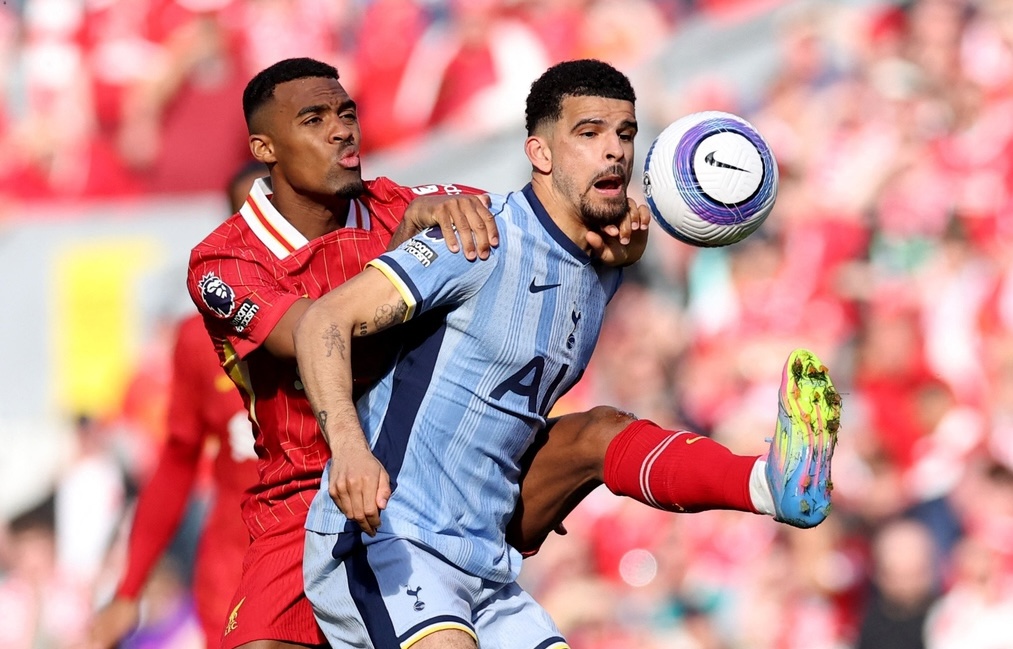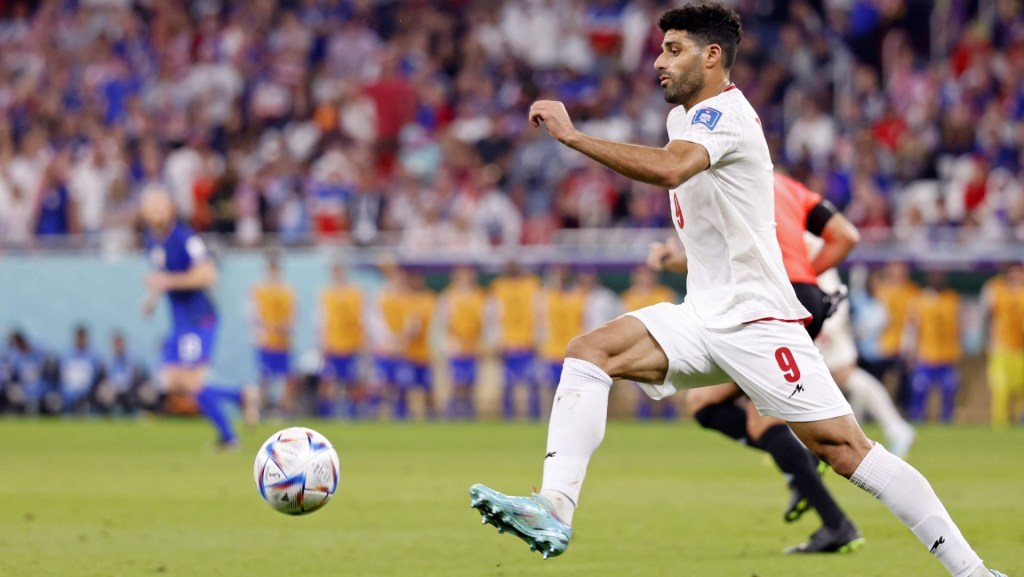Two of the worst teams in the Premier League are set to face each other in Spain on Wednesday. One of them will leave as a Champions League team, a lucrative distinction that can make or break a club’s finances.
Manchester United and Tottenham Hotspur are historically some of the most successful clubs in English soccer. But they’ve each had some of the worst Premier League seasons in club history, and are sitting at 16th and 17th in the standings with the season wrapping Sunday. That would normally be flirting with relegation, if the bottom three teams this year weren’t so far behind the rest of the league.
Even though their domestic showings have been disastrous, United and Spurs have found success in the Europa League, the second-highest level of European competition. The two teams meet for the final Wednesday in Bilbao, and the winner will earn a coveted spot in the Champions League next season. The yearlong tournament is typically reserved for Europe’s best teams, but in a rare oddity, two of the lowest in English soccer will get a chance to score tens if not hundreds of millions of dollars in prize money and TV revenue next year.
How did these two teams even get in this position? United also had—by its own lofty historic standards—a horrible season last year, but it snuck into the Europa League by winning the FA Cup. Tottenham earned its spot by finishing fifth in the Premier League. United’s journey to the final included a comeback extra-time quarterfinal win over Lyon, while Tottenham’s rested on a singular game against AZ Alkmaar to overturn a 1–0 aggregate deficit in the third leg of the round of 16. A decade-old UEFA rule sends the winner of Wednesday’s match to the Champions League, an unusual sixth team from the Premier League after the European Performance Spots rule already guaranteed one more English team than the usual four. Because neither Tottenham nor United is in the top five, England will send six teams to the Champions League next year.
All teams that qualify for the Champions League get roughly $21 million, even if they don’t win a match. On top of that, teams can earn tens of millions more through draws, wins, and broadcast revenue, which is doled out both through revenue sharing and based on TV audience size. Winning the Champions League this year means a $28 million prize on top of the nine-figure payout the top teams rack up with a deep Champions League run.
Between prize money and television revenue sharing, Arsenal cleared more than about $130 million for their semifinal run in this year’s Champions League, according to the Times of London. Though UEFA distributes the revenue through a complicated formula, United and Tottenham are both globally popular brands and could expect to earn a similar amount with any Champions League success next year. Manchester City was eliminated far earlier from this year’s competition, and it still earned an estimated $85 million, according to The Athletic.
Making or missing the Champions League can have huge implications for a club’s finances, particularly when it comes to broadcast revenue. In February, publicly traded Manchester United reported quarterly revenues down 12%, with broadcast revenue down 42% (about $56 million) from the same quarter the year before when it had been in the Champions League, and 100 job cuts on top of 250 layoffs last summer.
Billionaire Jim Ratcliffe’s time leading the club has been marked by cost-cutting. Manager Ruben Amorim had to personally pay for 30 staffers to get tickets for the Europa final, and players paid for charter flights for their families to attend, while the team has also said it would throw a celebratory barbecue instead of a parade if they win Wednesday’s match.
The winner of Wednesday’s match will net about $14.6 million in prize money, while the loser gets about $7.9 million. For the entire Europa League season, the winner will have earned about $29 million in equal shares and performance bonuses, while the runner-up will have earned about $22 million. Those figures don’t include the media payouts from a league-wide pot of roughly $223 million.
And while the winner moves up into the Champions League, the loser also won’t make a return to the Europa League, because neither team finished high enough in the Premier League to qualify for a spot outright. (They also didn’t do well enough to make the UEFA Conference League.) United hasn’t missed Europe since 2014–15, while Tottenham did so more recently in 2023–24.







![[Subscription Customers Only] Jun 15, 2025; Seattle, Washington, USA; Botafogo owner John Textor inside the stadium before the match during a group stage match of the 2025 FIFA Club World Cup at Lumen Field.](https://frontofficesports.com/wp-content/uploads/2026/02/USATSI_26465842_168416386_lowres-scaled.jpg?quality=100&w=1024)
![[Subscription Customers Only] Jul 13, 2025; East Rutherford, New Jersey, USA; Chelsea FC midfielder Cole Palmer (10) celebrates winning the final of the 2025 FIFA Club World Cup at MetLife Stadium](https://frontofficesports.com/wp-content/uploads/2026/02/USATSI_26636703-scaled-e1770932227605.jpg?quality=100&w=1024)








